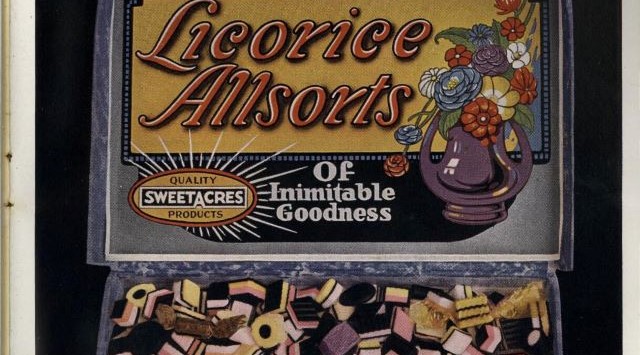Here are all the articles about English that did not fit into another category that have appeared in my newsletter English in Progress about world Englishes and English language change
March 2023
We shouldn’t call movies films
I think he probably does know how language works, but he’s so peeved he’s momentarily forgotten: director John Boorman posits that we should stop calling films “films” because they are no longer made on film. The comment section is as good as you’d expect it to be.
Reading time: 3 minutes / The Guardian (UK)
Pollsters are asking questions about “woke” without defining it, and it’s a problem
Reading time: 8 minutes / Politifact (USA)
Australian author speaks out about being accused of cultural appropriation
Hazel Edwards is an Australian author best known for her children’s literature series There’s a Hippopotamus on Our Roof Eating Cake. She is receiving messages on social media criticising her for utilizing characters with broad backgrounds, when she herself is not from those backgrounds.
Reading time: 4 minutes / Sydney Morning Herald (Australia)
Blogger takes aim at anti-violent language
Blogger John Proffitt makes the point that banning violent language such as “to take a stab at” or “kicking around an idea” can easily go too far. Also “we cannot take all perspectives, experiences, and sensitivities into account in every sentence and in every word choice. We’d end up saying nothing.”
Reading time: 5 minutes / Medium (USA)
February 2023
Being called “Karen” or “Ben” is no fun right now, but it will blow over
Poowong, in Australia, temporarily changed its name to ‘Pooright’ for Gut Health Month
On saying “died by suicide” instead of “committed suicide”
In this blog post, professor in linguistics and psychology Dariusz Galasiński objects to the policing of mental health language. This article from The Economist (archived), argues much the same.
Nepo baby discourse can inform our take on privilege
Who knew? Teen Vogue has a surprisingly intellectual politics segment. Here, Sarah John argues that “nepo babies” show that our society is not as meritocratic as we would like.
Everybody getting angry about Roald Dahl rewrites
Augustus Gloop, Charlie’s gluttonous antagonist in Charlie and the Chocolate Factory, which originally was published in 1964, is no longer “enormously fat,” just “enormous”. In the new edition of Witches, a supernatural female posing as an ordinary woman may be working as a “top scientist or running a business” instead of as a “cashier in a supermarket or typing letters for a businessman”.
Church of England debating non-gendered language for God
Warning: Daily Mail link!
Originator of term “cisgender” on its use today
“I am disheartened that a term I only intended to improve the precision of the English language may have become a divisive tool in today’s toxic landscape of exclusion and violence. (…) I am convinced the word cisgender was needed, even if the emotion and fear it evokes for some may overshadow its potential to advance understanding.”
Originator of term “mansplaining” on its use today
“Here’s what almost everyone seems to miss about mansplaining, including those doing the formal studies as well as the people telling the funny stories. It’s one corner of a colossal problem, in which biases, statuses and assumptions warp everyday life and allocate more credibility, audibility and consequence to some people than others.”
Nicholas Kristof opines in the New York Times that terms like “bodies with vaginas” just antagonize voters and empower the right.
—
Vox explains why actors have become so hard to understand recently, prompting many (including myself) to always have the subtitles on. (Video)
An interview with English-usage guru Bryan Garner
Confusion at The Guardian when a (correct!) correction read: “This article was amended on 3 January 2023. The original furniture said the fireworks display was on Christmas Eve.”
Revivalist English
This post from LanguageHat and its comments led me down into a pocket of English-language enthusiasm I had no idea existed: a movement to revive English as it would have been without the Norman invasion and all its (mostly French) loanwords. The language you end up with is called Anglish, and includes words like wordbook (dictionary) and nameknown (famous).
There’s also a much more realistic version called Alternese, which assumes that without Norman French, English would still (of course) have changed a lot, but would have had more Scandinavian influence. The language you end up with looks a lot like German to me 😉
January 2023
Buzzfeed has a funny social-media article about the words toddlers use when they don’t know a word. Nexterday for “tomorrow”, long-sleeve shorts for “trousers”, and much more.
Toxic productivity
Jen Doll of The LA Times argues we should stop using language that promotes toxic productivity; the feeling of constantly needing to be productive and fast. Phrases like “grabbing a quick bite” instead of “having dinner” and “jumping into the shower” instead of just having one.
